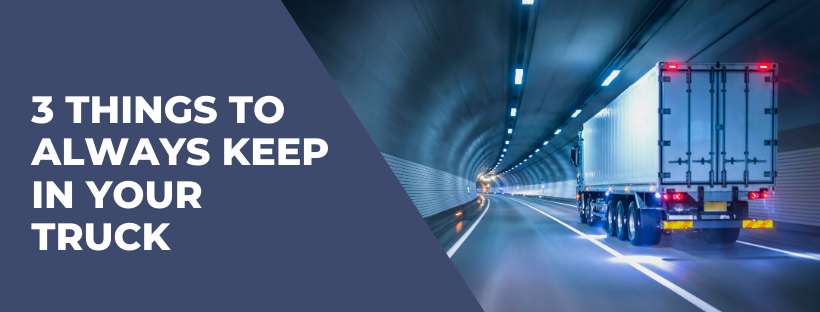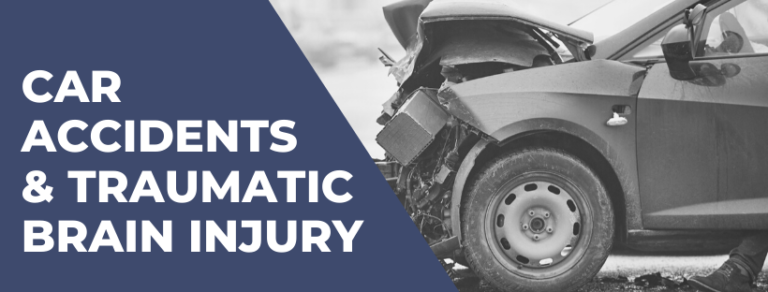Any type of road travel is prone to problems. No matter where you’re going, something will probably go wrong, especially during long distance trips. Although these types of problems seem to be less likely in tractor trailers, when they do happen, they’re usually worse. A dead battery in a car may be more likely than one in a truck, but it can be jumped by any passing car with cables. A truck battery, on the other hand, causes much more of a crisis when it dies, especially if it’s carrying a time sensitive load. Here are three things to always keep in your truck, just in case of emergencies:
Battery jumper
As was stated above, truck batteries don’t die very often, but when they do, it can be a huge hassle. In fact, it could take most of a day, plus a lot of money, to get the problem taken care of. Luckily, there is a solution. There are companies that produce equipment specifically designed to jump-start truck batteries. They’re not cheap, but they’re still cheaper than the combined cost of a tow, a replaced battery, and a late delivery.
First aid kit
This isn’t necessarily specific to trucks, but it is still important here. You never know when medical attention will be necessary, whether it’s a scratch from the engine, or a small accident. A good first aid kit will fix most common medical problems, making it one of the most important things to keep in your truck. Here’s a quick list of items that should be inside your first aid kit:
- Bandage strips & butterfly bandages in various sizes
- Antibiotic ointment
- Alcohol pads
- Gauze
- Adhesive medical tape
- Elastic wrap bandages (for sprains or to help hold a splint in place)
- Instant cold packs
- Cotton balls and q-tips
- Disposable non-latex examination gloves
- Duct tape
- Super glue
- Petroleum jelly or other lubricant
- Safety pins
- Scissors and tweezers
Medications you might want to include:
- Pain relievers, such as acetaminophen or ibuprofen
- Aloe vera
- calamine lotion
- antihistamine
- hydrocortisone cream
- anti-diarrhea medication
- auto-injector of epinephrine (as prescribed by your doctor for severe allergies)
Other emergency items to include:
- A list of emergency phone numbers (such as your family doctor and pediatrician, local emergency services, emergency road service providers)
- Small notepad and waterproof writing instrument
- Solar powered charger for your cell-phone
GPS
A GPS will help make sure your driver knows where they are, and where they’re going. Although the driver will probably know any common route they take, a GPS will still be useful for any new routes, or any time they stray from the route and aren’t sure how to get back. A hidden benefit is that, with the proper model, you can also keep track of exactly where your trucks are. This will be helpful in dire situations, such as an accident or theft, but it can also help with simple tasks, like being able to tell a curious customer exactly where their order is.
Any road travel, especially for large-scale commercial purposes, must focus on safety. Making sure that these three things are in every truck you operate is a good place to start, but sometimes even that isn’t enough. In the worst of times, you can always contact us. We’ll take care of you.




